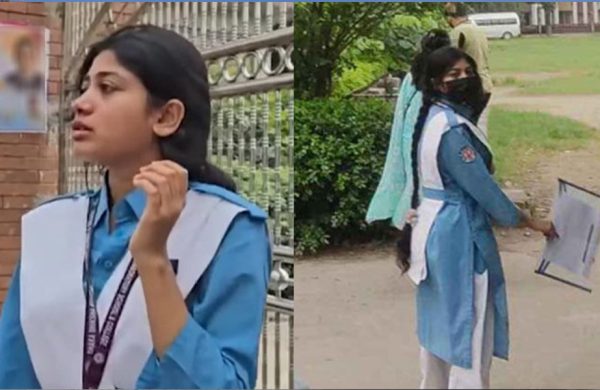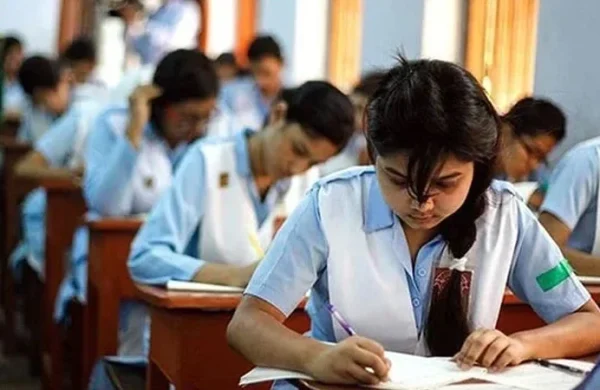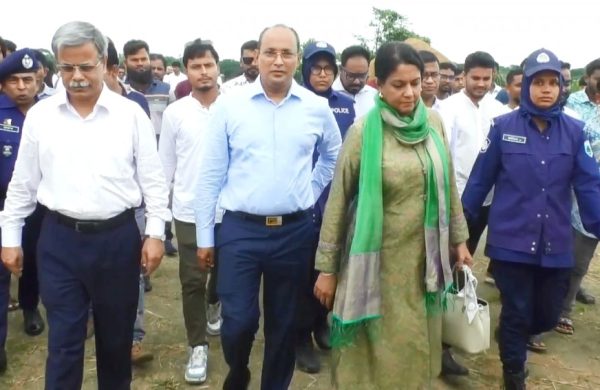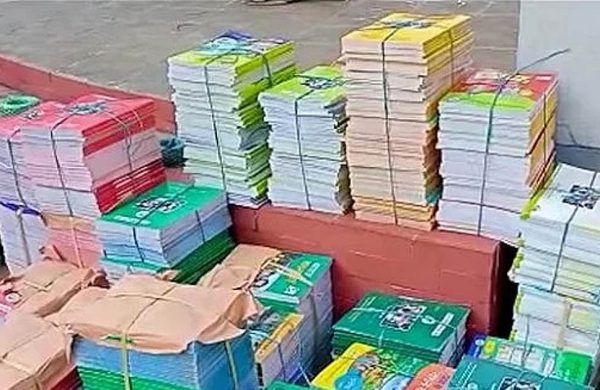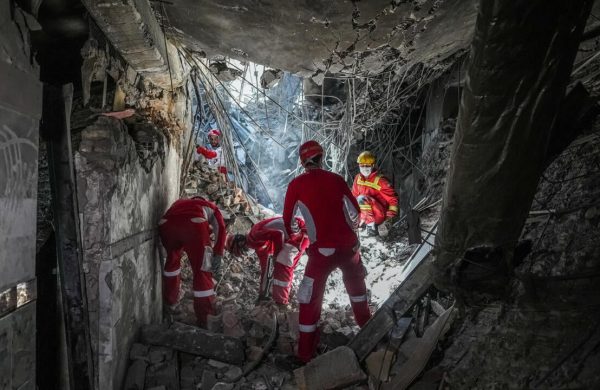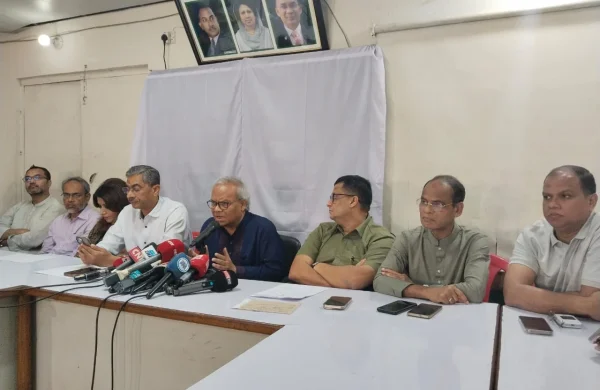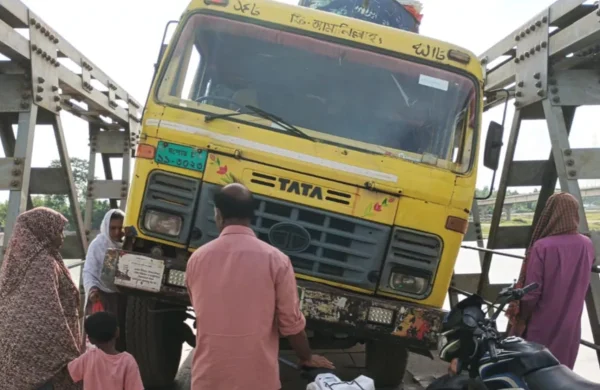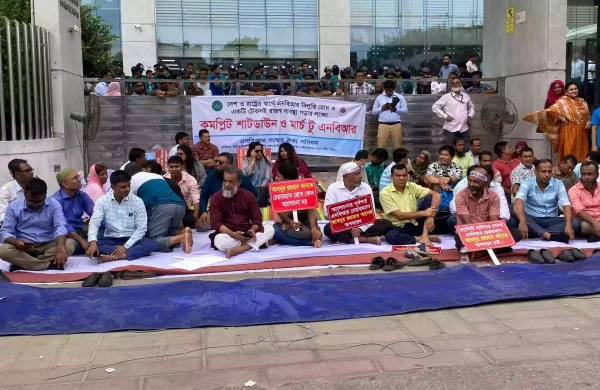Classes to begin despite textbook shortage
- Update Time : Tuesday, December 31, 2024
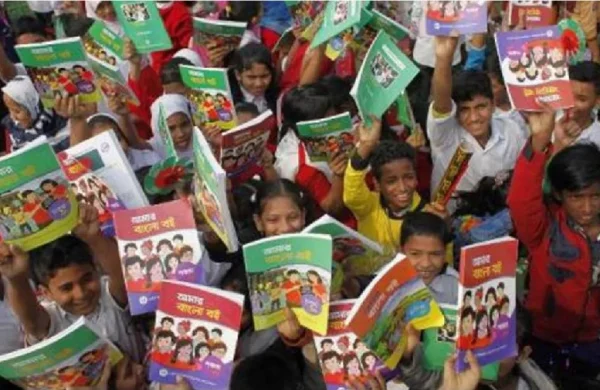
TDS Desk
The new academic year for primary and secondary schools across the country will begin tomorrow, Wednesday, following the national curriculum.
However, as in previous years, there is a substantial shortage of textbooks. A total of 400.16 million textbooks are required to provide all students with their books on the first day.
According to the Printing Industry Association, the National Curriculum and Textbook Board (NCTB), and printing house owners, only about 70 million textbooks had been printed as of Monday.
Among these, 60 million books have received clearance certificates (PDI) for distribution to upazila levels, leaving 33 million books yet to be printed. Consequently, not all students will receive their complete set of books on the first day.
Field inspections revealed that 116 printing houses are operating around the clock, working under immense pressure to meet the demand. Workers are tasked with completing six months’ worth of work in just one month.
The printing process, which began in September 2023, typically continues until March of the following year. For this academic year, however, work orders for secondary textbooks were issued late, on December 10.
While printing houses have the capacity to produce up to 4 million textbooks daily under optimal conditions, logistical and material delays remain significant obstacles.
NCTB reports that 120.87 million textbooks are needed for pre-primary and primary levels, while secondary-level books (grades six to nine) require 28.62 million copies.
Additionally, over 8,500 Braille books are being printed for visually impaired students, and 4.1 million teacher assistants will also be distributed. Monitoring teams from NCTB are present in nearly all printing houses to supervise operations 24/7.
An NCTB official noted that although efforts are being made to distribute primary textbooks and essential secondary books in Bengali, mathematics, and English by the first day, uncertainties persist.
Progress in printing textbooks for grades one to three has been satisfactory, with many of these books already sent to upazilas. However, progress for grades four to nine remains slower.
Delays have been attributed to multiple factors, including curriculum changes following political transitions, textbook revisions, the cancellation and reissuance of tenders, late finalization of inspection processes, and delayed issuance of Notices of Award (NOAs). Some contracts with printers remain unsigned, further delaying book distribution.
NCTB officials anticipate that the complete distribution of textbooks to all students may extend until March 2024.
The recent political transition led to the cancellation of the new curriculum, resulting in a return to the decade-old curriculum.
As part of this adjustment, NCTB revised 441 textbooks, introducing significant content changes. Several essays, novels, and poems were removed, while new material, such as content on the July Mass Uprising, was added.
The overall number of textbooks has increased due to the curriculum shift. To address the delays, NCTB is prioritizing the printing of essential textbooks for grades six to ten.
Printing houses typically sign contracts within 28 days of receiving NOAs. This timeline means contracts can be finalized by January 16, allowing for a standard 40-day printing period ending on February 28.
If penalties are applied, the timeline could extend to late March.
Online Textbook Version Launch
This year, the traditional book festivals, previously held to celebrate textbook distribution, have been canceled to reduce unnecessary expenses.
Allegations of corruption in prior festivals influenced this decision. Instead, the government will inaugurate the online version of textbooks tomorrow at the International Mother Language Institute at 10 a.m.
Education Advisor Professor Dr. Wahiduddin Mahmud will be the chief guest.
Preparations for launching the online textbooks on the NCTB website are complete. Students will receive their physical textbooks directly at their schools in the presence of head teachers, principals, and local officials.
No separate ceremonies will accompany the distribution.


